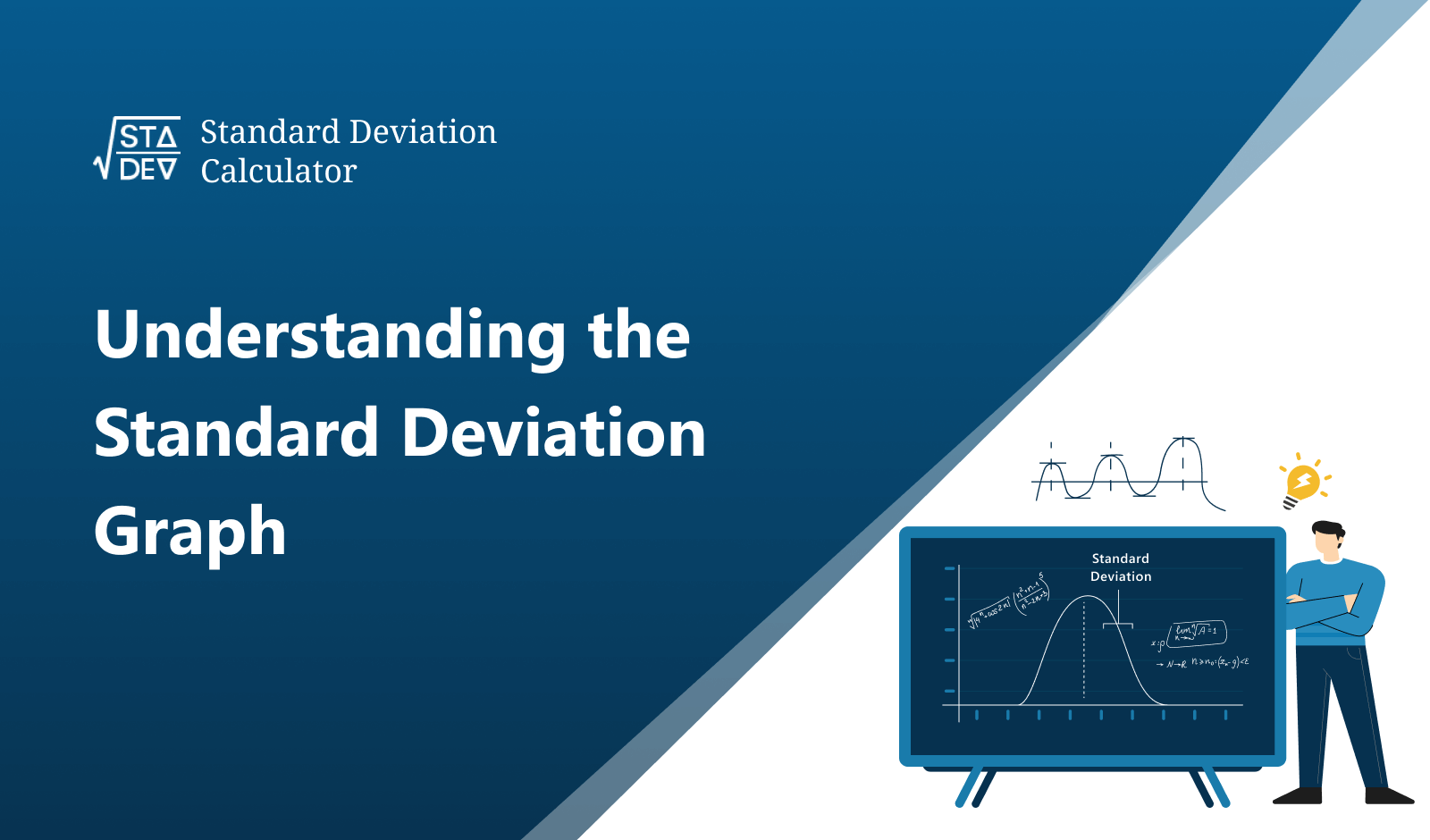What is harmonic mean in statistics?
The harmonic mean is one of the several types of “mean”. It is the reciprocal of the arithmetic mean. To calculate it we usually divide the sum of the reciprocals of all values by the total number of terms.
Formula of Harmonic mean:
Generally, for the ungroup data we use the following formula:

In the above formula:
- “Σ (1 / Xi)” is the sum of reciprocals of all values
- “n” is the total number of terms
How to Calculate Harmonic Mean?
Below examples are solved to calculate the harmonic mean of any ungroup data.
Example 1:
Evaluate the harmonic mean of the following data:
1, 5, 7, 3, 9, 12, 13
Solution:
Step 1: Extract the data
Let X = 1, 5, 7, 3, 9, 12, 13
Total number of terms = n = 7
Step 2: Put the values in the formula.
Harmonic mean = n / Σ (1 / Xi)
Harmonic mean = 7 / (1 / 1 + 1 / 5 + 1 / 7 + 1 / 3 + 1 / 9 + 1 / 12 + 1 / 13)
Harmonic mean = 7 / (1 + 0.2 + 0.1429 + 0.3333 + 0.1111 + 0.0833 + 0.0769)
Harmonic mean = 7 / 1.9475
Harmonic mean = 3.59424
Example 2:
If a person is driving a car at the rate of 50 km/h during the first 30 kilometers, 60 km/h during the 2nd 30 kilometers, 90km/h during the 3rd 30 kilometers, and 100km/h during the 4th 30 kilometers calculate the average speed of the car.
Solution:
Step 1: Extract the data
Let,
Speed of car = X = 50, 60, 90, 100
Total number of terms = n = 4
Step 2: Put the values in the formula.
Harmonic mean = n / Σ (1 / Xi)
Harmonic mean = 4 / (1 / 50 + 1 / 60 + 1 / 90 + 1 / 100)
Harmonic mean = 4 / (0.02 + 0.0167 + 0.0111 + 0.01)
Harmonic mean = 4 / 0.0578
Harmonic mean = 69.23077







